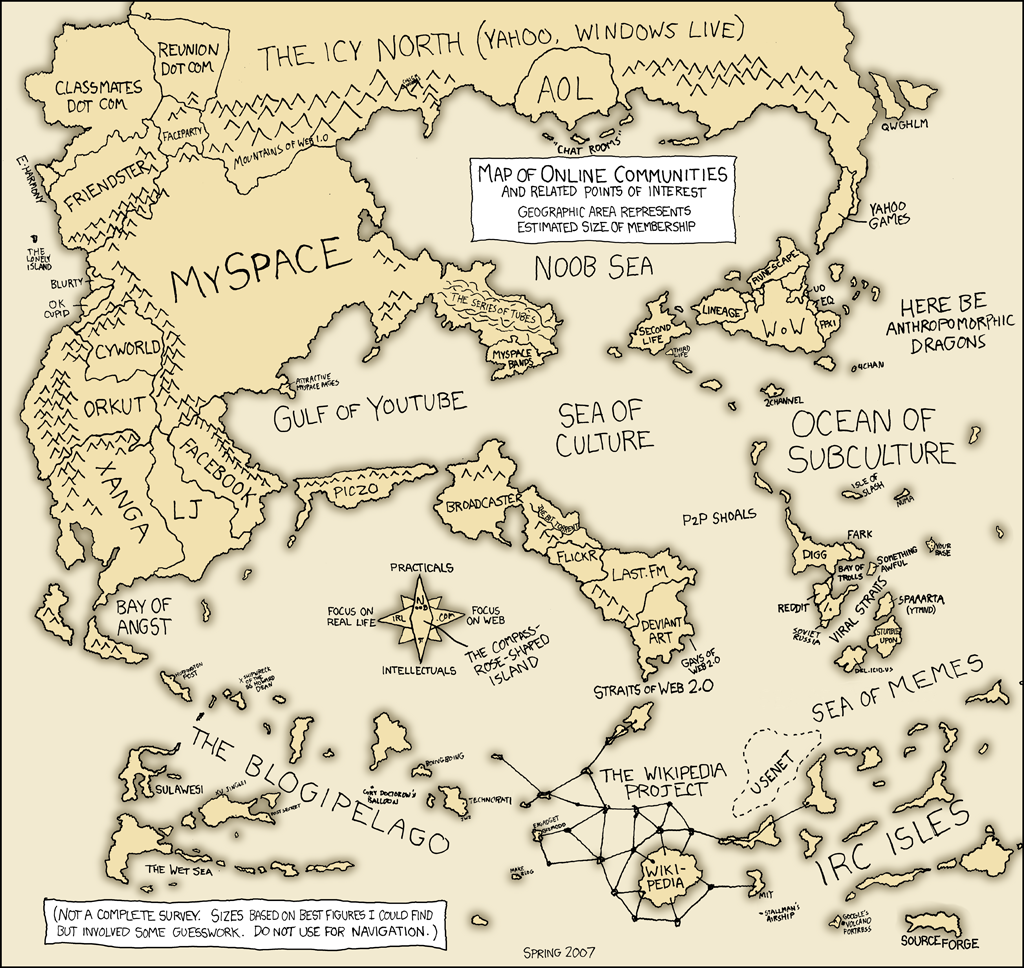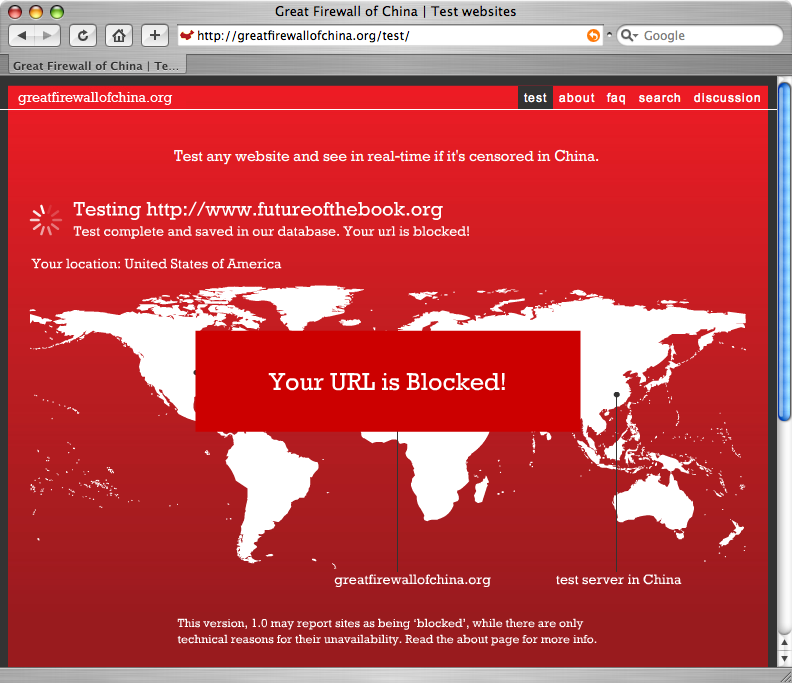The Internet, coupled with the bad economic times, has the media industry in a flurry; Institutional newspaper papers are failing regularly, magazines are reconsidering everything, and reports showing that people are just not reading – or at least not the way we are used to – has book publishers particularly concerned. So as technological advances make it easier to share online, it is publishers who are being squeezed. Especially given that no matter how things shake out, writers will still write and readers will still read.
But as the industry flails, I see hope in an emerging model. A model that I think re-embraces the traditional role of a publisher – that of connecting quality writers with interested readers – with the technology at hand.
I got this impression while reading the New York Times essay “See the Web Site, Buy the Book“, which suggests that authors are realizing the importance of a unique web presence:
[…] do book sites really help sell books? As in so much of publishing, no one quite knows. “People now latch on to a Web presence the way they once did with the book tour,” said Sloane Crosley, a publicist at Vintage/Anchor whose own book, “I Was Told There’d Be Cake,” was accompanied by a Web site featuring photographs of intricate dioramas, video and enough new material to fill a second book. “I don’t know how well the success of book Web sites can be tracked, but they do get thrown into that priceless bucket of buzz.”
First, I like that they do not know whether having a web presence will sell books, as experimentation is always a good thing. But embracing the web, I think, suggests a certain level of confidence in the book – at least for the time being. I think this also acknowledges the web as a distinct medium that doesn’t have to threaten books directly – and can maybe even work together with traditional publishing – reminiscent of the relationship between film and book industry.
Whether or not this model is adopted and developed by the current publishing industry is hard to say. It is telling that, according to the article, it is the authors taking the leadership role; paying the web agencies, out of pocket, 85% of the time.


